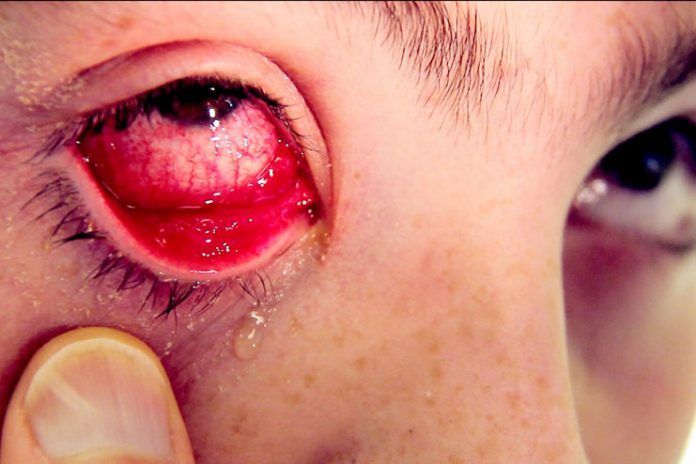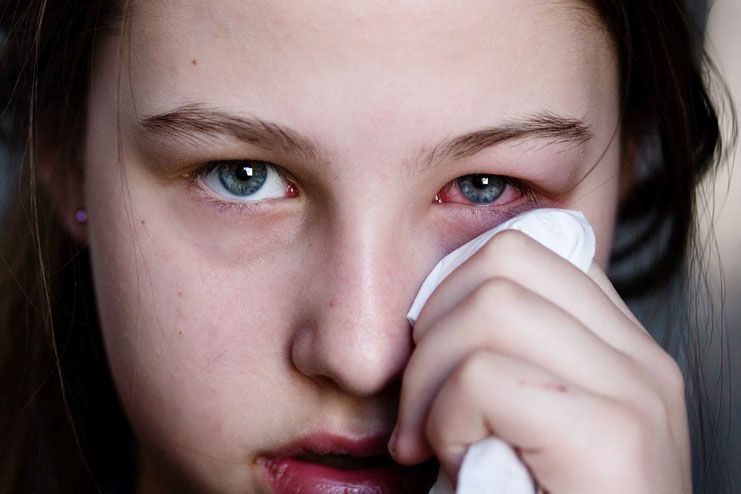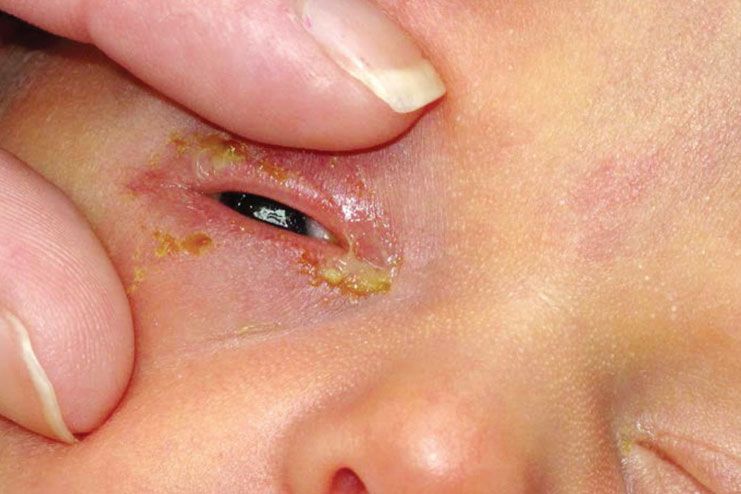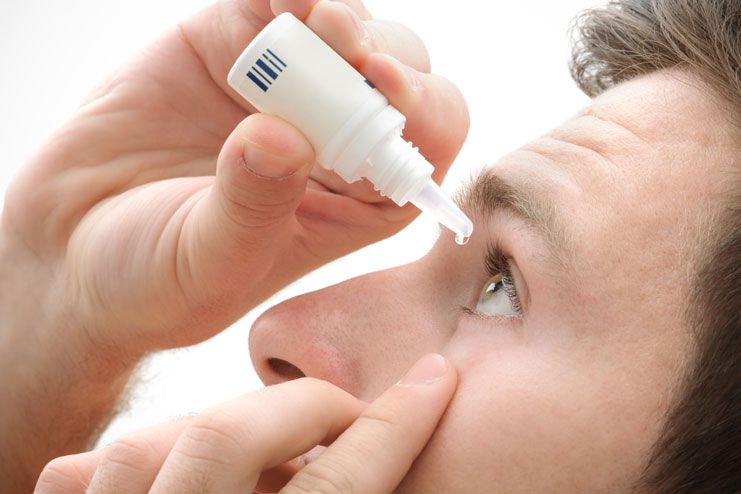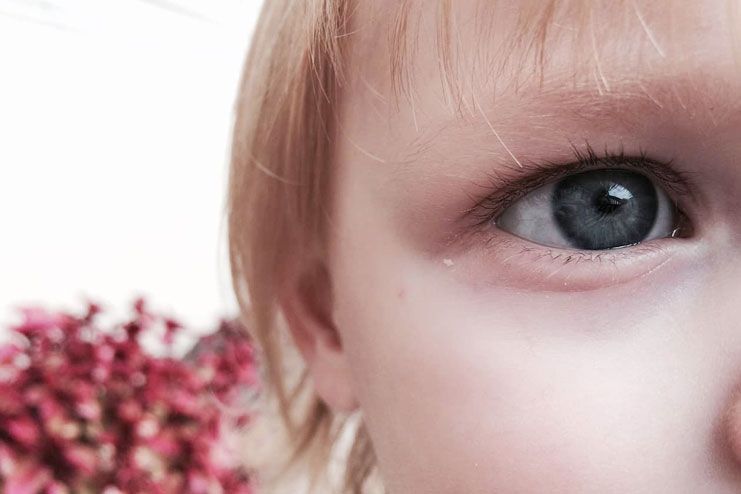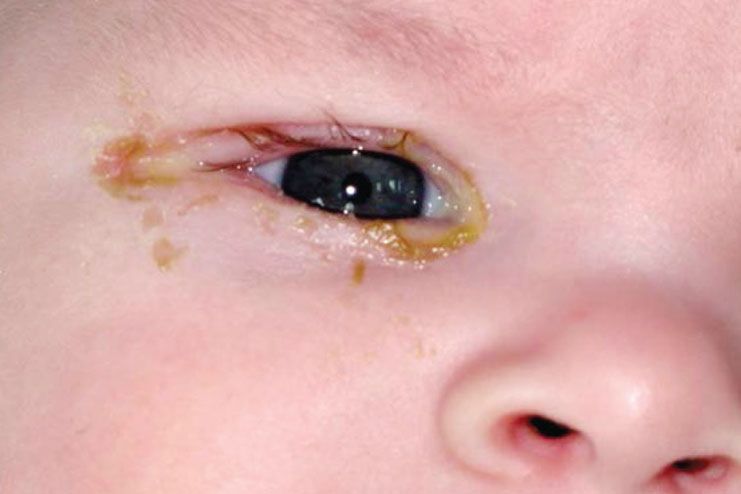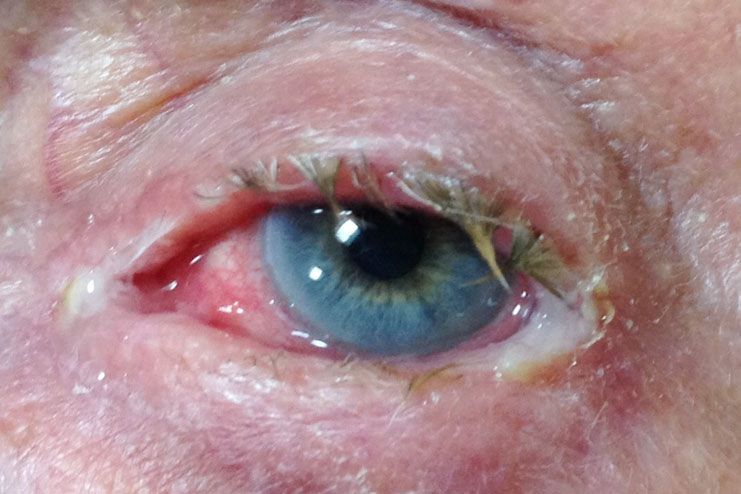Affiliate Disclaimer
Some links in this article are affiliate links. We may earn a small commission if you make a purchase through these links, at no extra cost to you. We only recommend products we find useful to our readersAlthough pink eye sounds highly scary, this condition can be treated easily by taking a few important precautions as well as following important points. This problem can cause to anyone. However, school children, college students as well as teachers along with people who work with the school children as this disease sometimes can be contagious. The beginning of pink eye occurs from the swelling of eye.
We have tried to provide all the information related to the disease of Pink Eye here and have tried to discuss the disease in detail from its causes, symptoms, treatment as well as prevention. Read on to get some interesting information about the problem of pink eye.
What is Pink Eye?
Pink eye, which is also known as conjunctivitis, is a common eye problem and considered as an inflammation of the covering of the white of the eye as well as of the inside of the eyelids.
Even though conjunctivitis is transparent, it is filled with blood vessels which overlay the sclera of the eyes. The conjunctival blood vessels will get dilate, once the inflammation has been triggered. This will result in red, bloodshot eyes.
What Causes Pink Eye?
There are some of the major causes of this disease which you should know to not get pink eye and to avoid the condition. Causes of pinkeye are different for various types of conjunctivitis. These types are,

Check Out the Major Symptoms and Causes Of Pink Eye
1. Viral Conjunctivitis
This type is caused due to a virus, just like a common cold. Although this type of pink eye is considered highly contagious, it will get resolved within a few days without any medical treatment.
2. Bacterial Conjunctivitis
Caused by bacterial infection, this type of pink eye can cause severe damage to the eye, if ignored.
3. Allergic Conjunctivitis
This is caused due to outside materials such as pollen as well as dust. This type can be seasonal or can come back after an year as well.
What are the Symptoms of Pinkeye?
The major symptom of pinkeye is an eye with pinker appearance. Other symptoms of the disease primarily depends upon the type of conjunctivitis you are suffering with. Some of the early signs of pinkeye are as follows.
Viral Pink Eye Symptoms
Viral pinkeye symptoms in adults can be easily visible. It includes,
- Water, itchy eyes
- Sensitivity to light
- Infection in one or both eyes
- Contagious, can be spread through coughing as well as sneezing
- Bacterial pinkeye symptoms
Symptoms of pinkeye due to bacterial infection includes,
- Sticky, yellowish eye discharge in the corner
- Sticking of eyelids due to the discharge after waking up.
- Contagious through direct contact with the infected hands as well as the thing which have touched the eye.
- Allergic pink eye symptoms
Major symptoms of an allergic pink eye are as follow.
- Watery, itchy and burning sensation in the eye.
- Joined with a runny nose and/or stuffiness
- Not contagious.
What Does Pink Eye Look Like?
In the condition of pinkeye, your one or both the eyes will look pinker in appearance. Sometimes eyes will get swollen and will look red. However, not all the red, itching condition of eyes leads to pinkeye or conjunctivitis. It is important to take a look at the symptoms as well. Other eyes diseases which carries the same symptoms are, seasonal allergies, iritis, chalazion as well as blepharitis.
How Do You Get Pink Eye?
As mentioned earlier, the condition of conjunctivitis can be caused due to three important sources. It occurs due to the inflammation of the conjunctiva, the tissues which are covering the inner surface of the eyelid and eye. It can be both infectious as well as noninfectious.
You can get infectious conjunctivitis, although it has not been considered as highly fatal and usually does not provide any harm to the vision. However, according to the experts, the cases of permanent damage to the vision due to conjunctivitis have been recorded.
If you are wondering about how does pink eye start? The beginning of the pink eye always starts from the itchiness of the eyes which can lead to various further complications.
You can easily cure pink eye through the use of antibiotic ointments as well as eye drops which help in clearing the infection in the eye if the source is bacterial. Viral conjunctivitis can be cured through warm or cool compress on the outside of the eyelids while the eyes are completely shut.
However, treating allergic conjunctivitis requires medical help as it is important to find out the exact allergy you are suffering with.
Incubation Period for Pink Eye in Children
To know more about the incubation period of the pink eye, it is important first of all to know what exactly incubation period means.
● What is meant by incubation period for pink eye in children?
The incubation period is the period between the causing of the infection and showing the actual symptoms of the disease on the body. Once the eye gets infected by viral, bacterial as well as allergic materials, it does not show the symptoms immediately. The incubation period for the viral infection can be ranged from 12 hours to 3 days. For bacterial infection, the incubation period is 1-3 days.
If you are wondering about how long the contagiousness of pink eye lasts? It is important to know that it depends upon various things. Bacterial as well as viral conjunctivitis are always contagious and can spread from one person to another. This contagious pinkeye contains the incubation period of around 14 days, according to the experts. Pinkeye caused due to allergic materials, however, cannot spread from one person to another and thus it is not contagious.
It is important to keep in mind that some bacterial, as well as viral infection, can be caused from humans to pets or from pets to humans. Usually, the symptoms of conjunctivitis does not show in school children before three to seven days after suffering from the infection.
Symptoms as well as causes of pinkeye in children as well as pink eye in toddlers area same as of adults. It is important, therefore, not to send your child to the school when he or she is suffering with the disease and to take care of your child properly.
How to Treat Pink Eye or Conjunctivitis?
If you are finding options for how to get rid of pinkeye fast or the cure of pink eye. You can consider the following information for pink eye treatment.
How to Treat Pink Eye?
Just like the symptoms, treatment for pinkeye depends upon the types of conjunctivitis.
1. Viral Conjunctivitis
Treating viral diseases is not available through medicines. This condition may get resolved by itself in few days as well. You can use some home remedies such as cool or warm compress for how not to get pink eye.
2. Bacterial Conjunctivitis
This type of conjunctivitis can be cured through
- Using antibiotics
- Antibiotic eye drops for adults
- Antibiotic ointments for children
3. Allergic Conjunctivitis
- Antihistamines for inflammation
- OTC antihistamine medicines
- Anti-inflammatory eye drops
- Antihistamine eye drops
Home Remedies for Pink Eye Infection Conjunctivitis
Following are some of the important natural home remedies to treat the condition of conjunctivitis. These pink eye home remedies hardly causes any side effects. You can consider these natural remedies for pink eye to get rid of eye dryness.

Check Out these Effective Home Remedies For Pink Eye.
1. Warm or Cold Compress
Warm or cool compress application helps in reducing the swelling of eyelids and the pain caused due to conjunctivitis. While warm compress can be highly effective for viral as well as bacterial type, cold compress can be applied on an allergic type of pink eye.
- Take a vessel filled with warm or cold water.
- Dip a washcloth into it.
- Wring all the excess water.
- Place the washcloth on the eye for -10 minutes.
- Repeat the process if required.
2. Raw Honey
Antibacterial as well as antimicrobial properties of honey provides quick and fast relief from pink eye. It is effective on both internal as well as external eye problems. To use honey
- Mix ½ tablespoon of honey, a pinch of salt in a glass of warm water.
- Stir the mixture well.
- Allow the mixture to cool.○ With the help of a eye dropper, add few drops of it in your eyes.
- Repeat it until the disease heals.
3. Apple Cider Vinegar
Apple cider vinegar is helpful in treating both viral as well as bacterial conjunctivitis. It is filled with antifungal, antibacterial as well as antifungal properties which helps in eliminating microorganism which triggers eye problems.
- Mix a tablespoon of apple cider vinegar in a glass of warm water.
- Using a cotton ball, wash the entire eye with the liquid from the corners to the eye lids.
- Allow few drops to go into the eye.
4. Lemon Juice
Lime juice is also essential in treating pink eye due to its antiviral as well as antibacterial properties.
- Get some lemon juice.
- Apply it directly on your eyes.
- It may cause pain, however, it may treat the problem completely.
How to Control and Prevent Pink Eye Infection
Follow the important tips given below to treat and prevent pink eye infection to cure pink eye problem.
- Your eyes should always be kept free from secretion. To take of secretion in children or toddlers, don’t send them schools until the eyes gets free from discharge as well as dryness.
- Do not go too close to person suffering from the disease.
- To control the spreading of the infection, frequent and thorough hand washing is important.
- Prevent sharing of things as well as toys in children in pink eye.
- Consult with your doctor immediately if you see anything wrong with your pink eye than the normal symptoms.
Is Pink Eye Contagious?
As mentioned earlier, pink eye can or cannot be contagious. It is very difficult to tell the contagiousness of the pink eye due to naked eye as the symptoms of both contagious, as well as non contagious pinkeye, are the same.
It is important to consult with your doctor about the contagiousness of the disease. Your doctor may do some important physical examination as well as tests to know all the details about the disease.
In this Article














